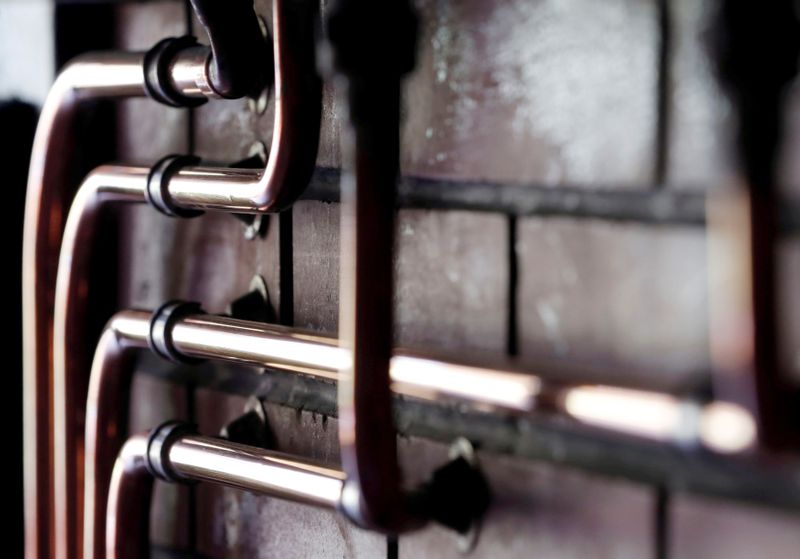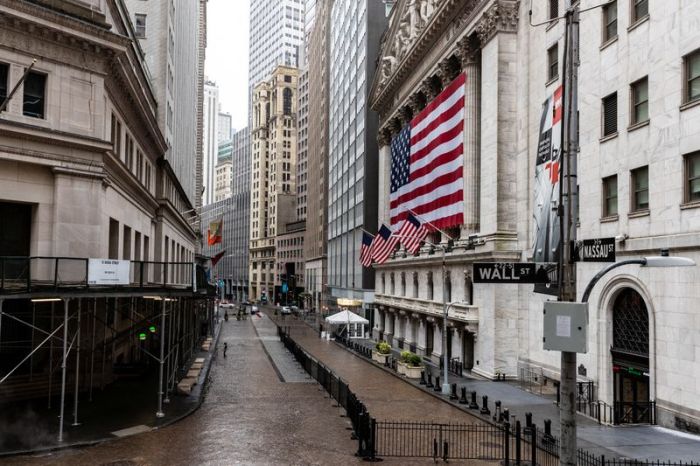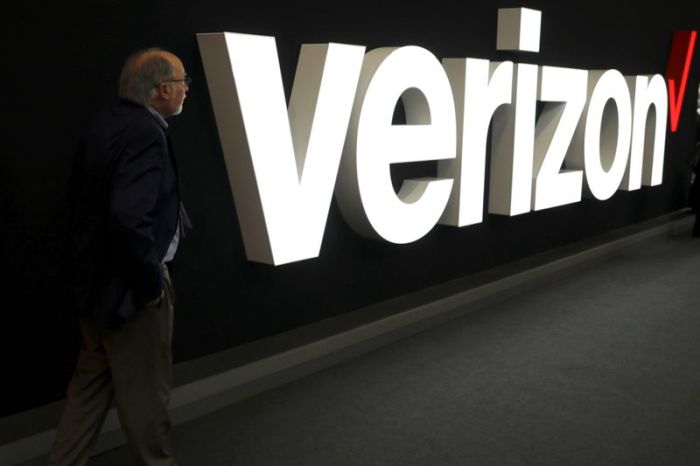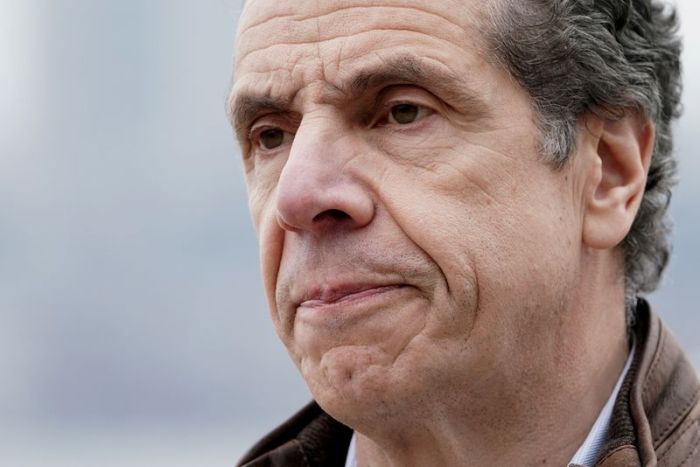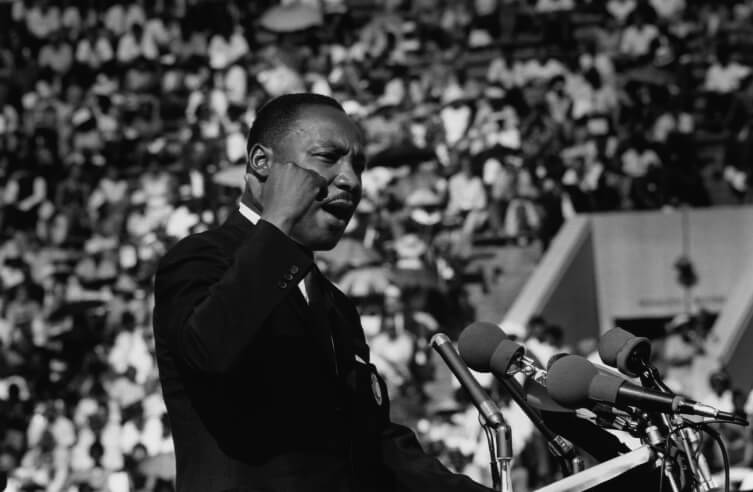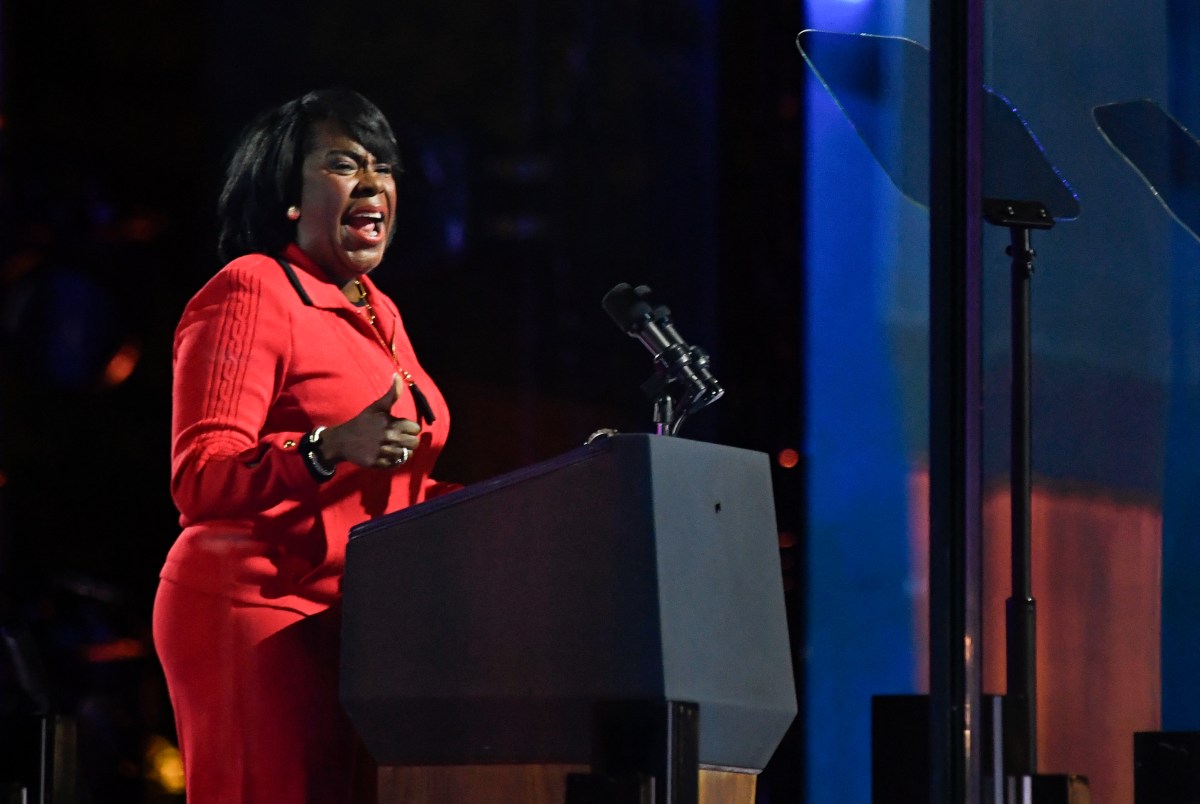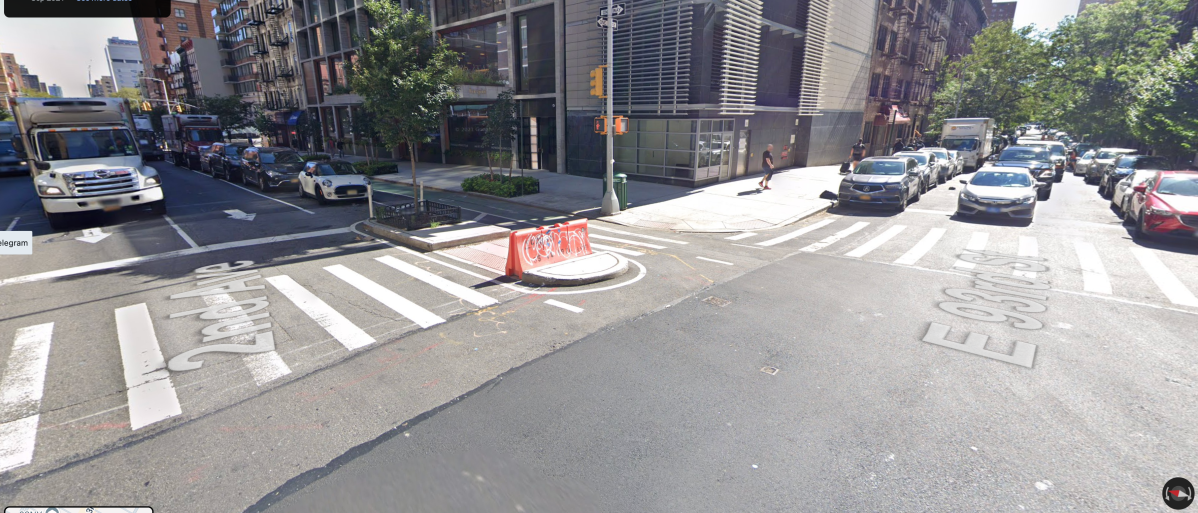BRUSSELS (Reuters) – Europe’s biggest copper smelter Aurubis <NAFG.DE> is set to win EU antitrust approval for its planned 380 million euro ($412 million) acquisition of Belgian-Spanish metal recycling group Metallo, people familiar with the matter said on Tuesday.
Aurubis agreed in May 2019 to buy Metallo as part of an acquisition-led expansion into other metals. Metallo processes about 220,000 tonnes of scrap and recycling materials a year at its Beerse plant in Belgium and another 95,000 tonnes its plant in Berango, Spain.
Some of Metallo’s assets in Spain and Belgium are likely to be divested as part of concessions offered in February to address the European Commission’s concerns about the deal, one of the people said. It is not clear if EU competition enforcers accepted the offer in its entirety or in a revised form.
Aurubis said it “did not offer any Metallo assets or any Aurubis assets”.
“We still believe that the merger should be cleared unconditionally. Due to the extension we expect the final decision early May,” the company said.
Aurubis shares were up 2.3% in mid-session.
The Commission, which is scheduled to decide on the deal by May 7, declined to comment.
The European Union competition enforcer opened a full-scale investigation into the deal in November, saying the merged entity could hold a dominant position in copper scrap with increased purchasing power to negotiate lower prices for the copper scrap it buys.
Another concern centred on Aurubis’ market power in the downstream markets for copper cathodes and wire rods.
Before the Metallo deal, the Commission in early 2019 blocked Aurubis’ proposed sale of its flat-rolled products division to German copper products producer Wieland, arguing the deal could lead to higher prices.
(Reporting by Foo Yun Chee; Additional reporting by Michael Hogan in Hamburg; Editing by Susan Fenton and Edmund Blair)

